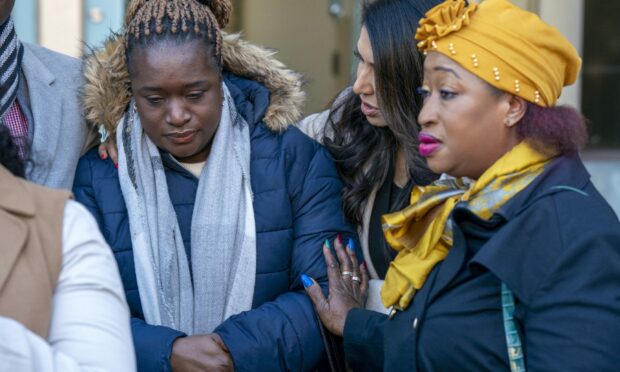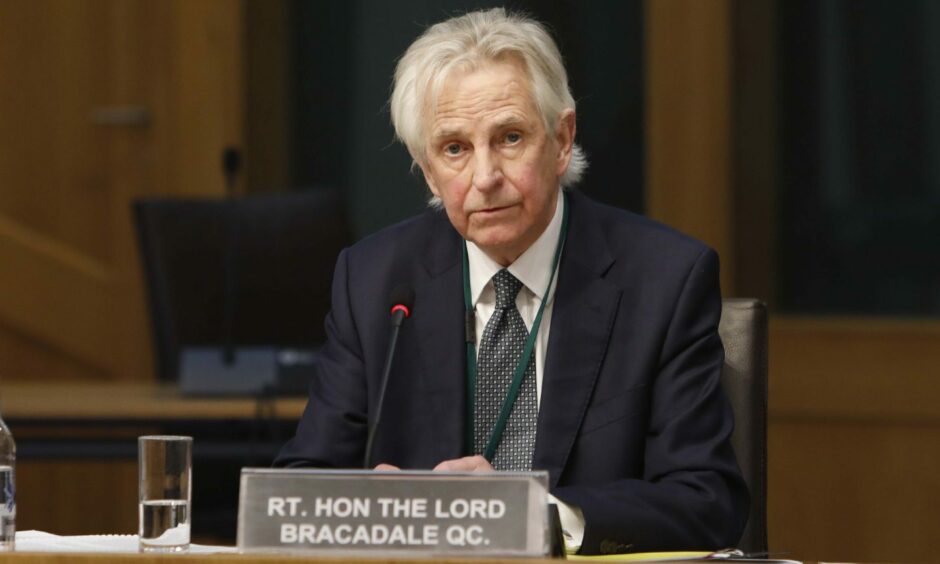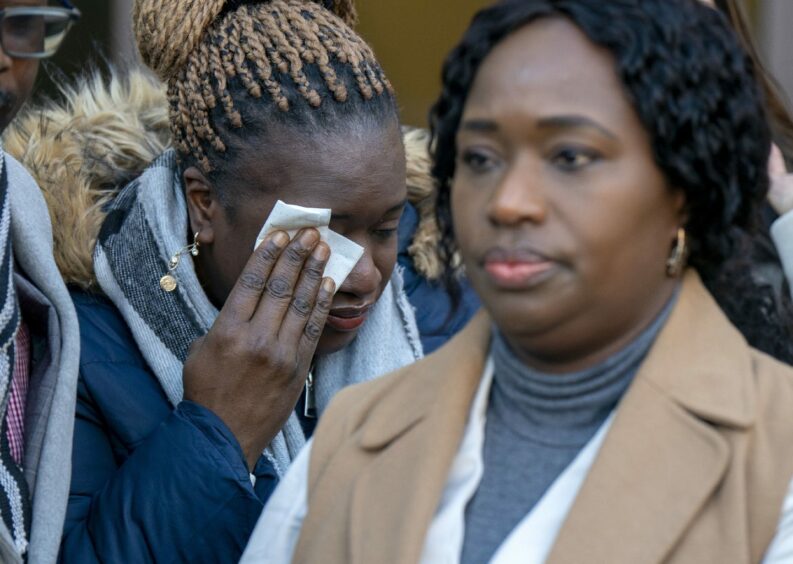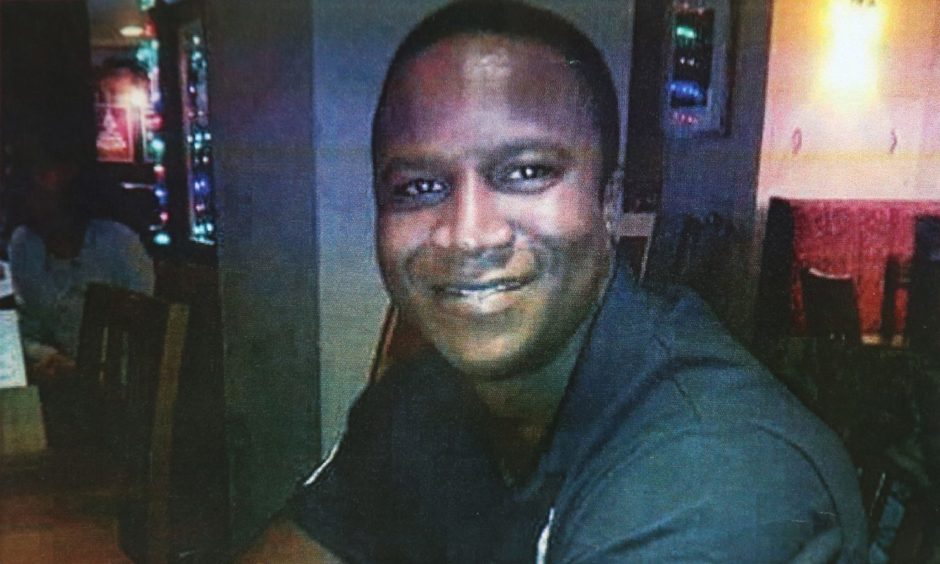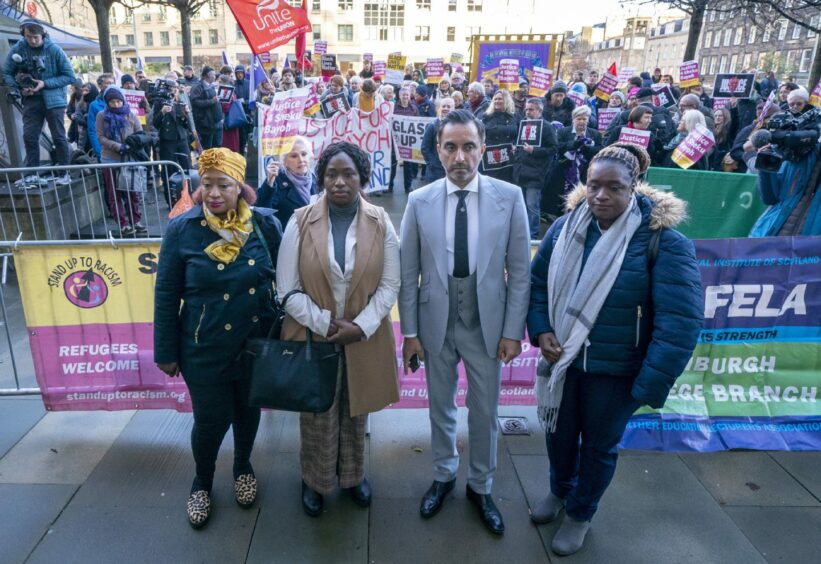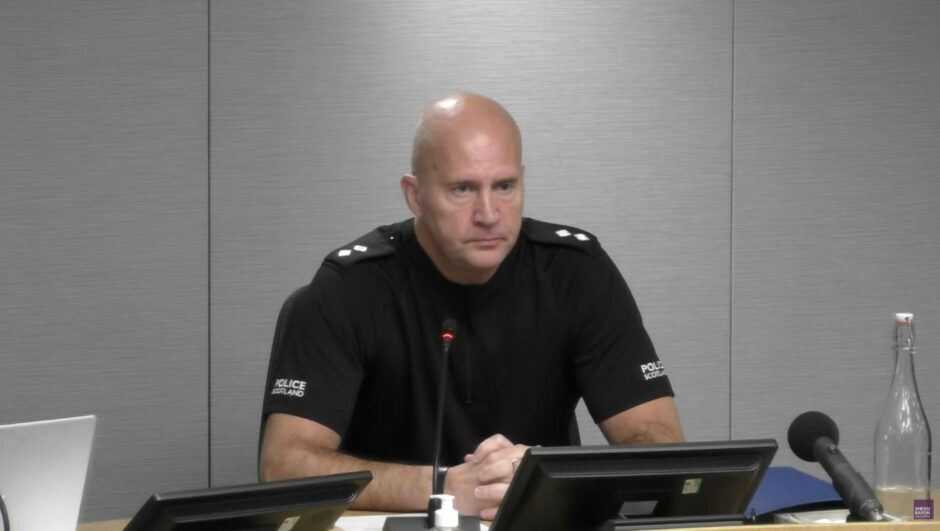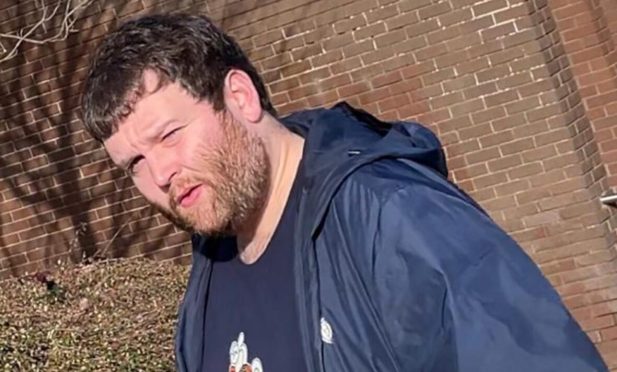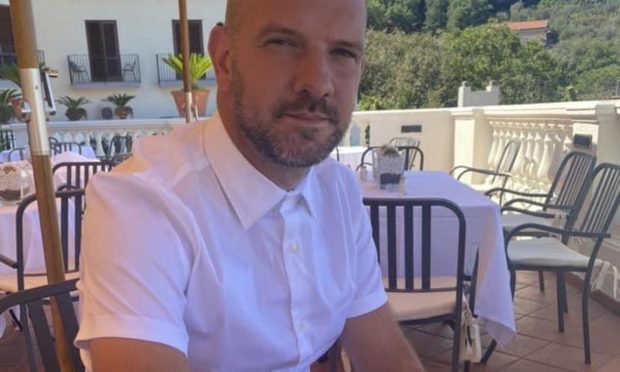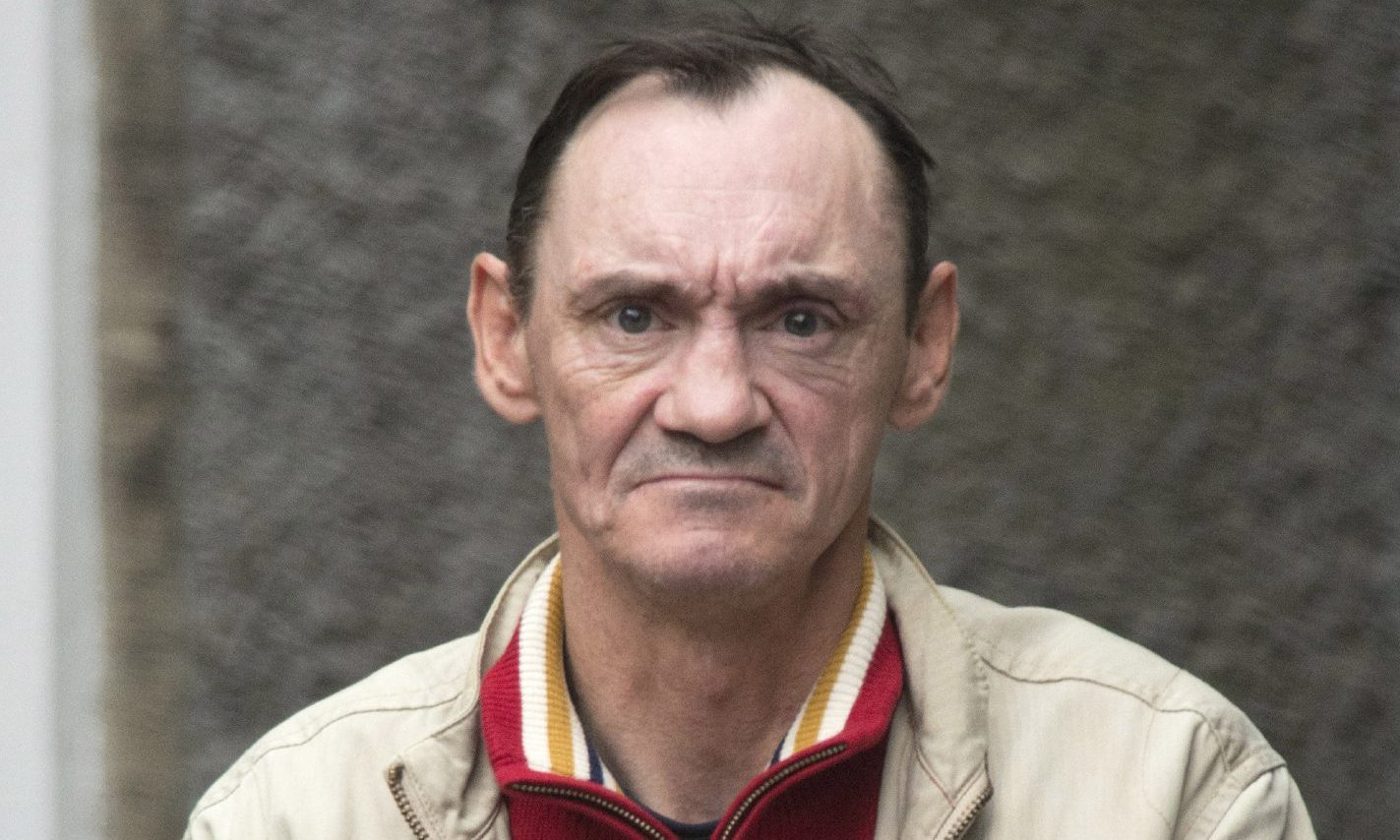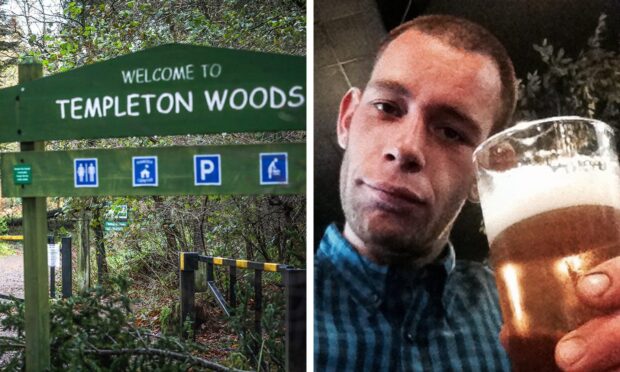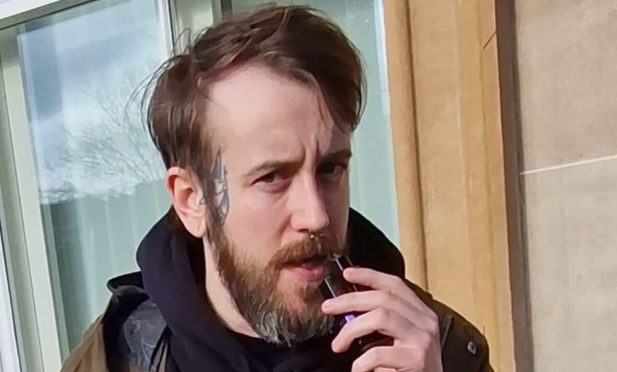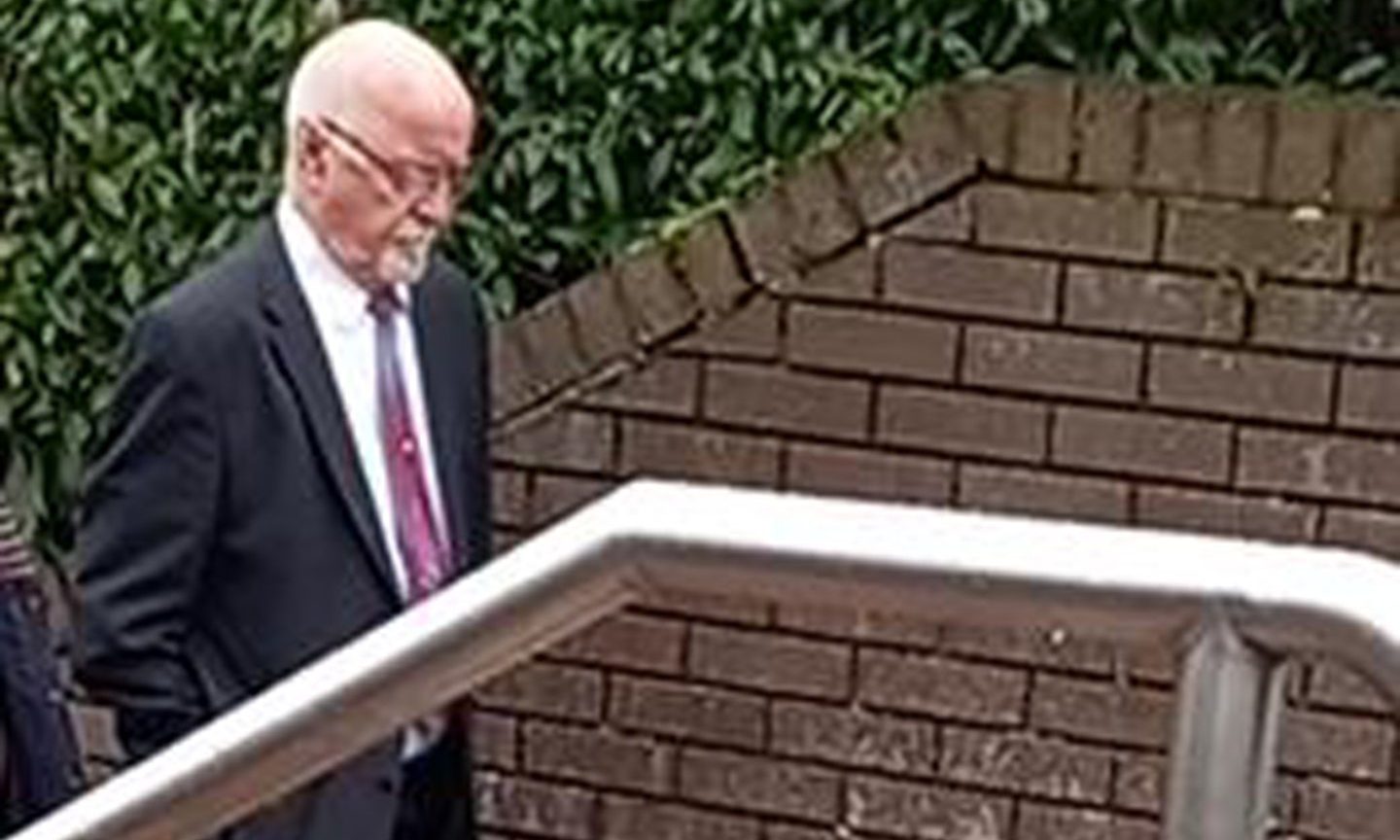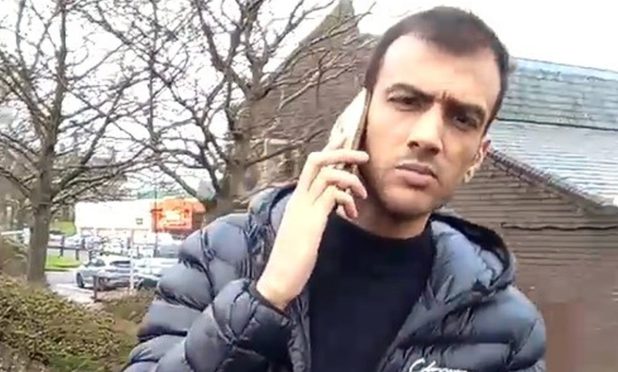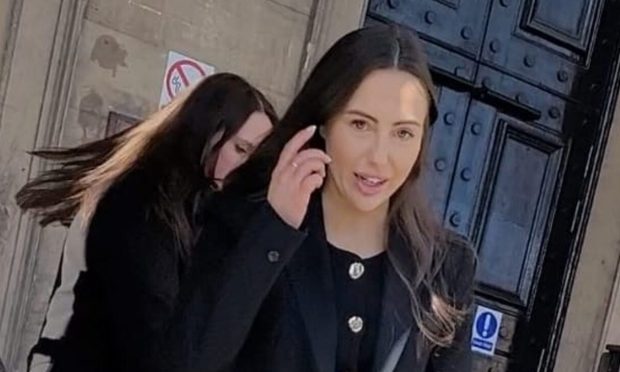The family of Sheku Bayoh have received racist abuse tantamount to a hate crime, the inquiry into his death has heard.
In his opening statement as the inquiry reconvened in Edinburgh, Lord Bracadale condemned those who had abused the family.
He said a number of people involved in the initial stages of the inquiry had been targeted.
He added the racist abuse of Mr Bayoh’s family, as well as that aimed at their solicitor Aamer Anwar, was a potential hate crime.
Lord hits out at racist abuse
Speaking before the first witness began giving evidence, he said: “It has come to my attention that core participants in this inquiry have been subject to abuse on social media or in writing.
“I abhor such abuse whatever its source and against whomever it is directed.
“Recently it has been reported to me that the family of Sheku Bayoh and their solicitor have been subjected to racist abuse.
“I am sure that everyone associated with this inquiry will agree with me that such behaviour is despicable and entirely unacceptable.
“In some instances it may amount to hate crime.
“In every instance it causes the recipients and members of their family – some of whom may be quite young – pain, distress and harm.
“The families of Sheku Bayoh remain at the heart of this inquiry.
“The inquiry strongly condemns such treatment of them and calls for it to cease.”
Pre-hearing vigil
Sheku Bayoh died after being restrained by police in Kirkcaldy’s Hayfield Road on May 3 2015.
The inquiry aims to examine the circumstances surrounding his death and whether race was a factor.
The first block of evidence heard by the Sheku Bayoh Inquiry focused on eyewitness accounts, with members of the public reporting he was carrying a knife.
Mr Bayoh’s family have insisted he was not armed when arrested, though officers later found a blade lying on a grass verge nearby.
Speaking to a vigil outside Capital House in Edinburgh, where the inquiry is sitting, his sister Kadi Johnson said: “It has been a tough journey and along the way we have faced a lot of disappointment as well as racist abusive messages.
“Even up to last night I had racist messages sent to me but we welcome a meeting with Lord Bracadale yesterday and his condemnation of the racist abuse to our family and threats made to our lawyer.
“We are in for a long haul with the inquiry and your support gives me the strength and the courage to keep pressing on till justice prevails.”
The vigil began shortly before 9am with a choir and chants of “Black Lives Matter” and “From Minnesota to Kirkcaldy, Black Lives Matter”.
Mr Bayoh, a trainee gas engineer and father-of-two, was born in Sierra Leone and moved to the country when he was 12.
After living in London for five years, he moved to Scotland.
New evidence
On the first day of the second block of evidence, the inquiry heard from Inspector James Young, the former national head of officer safety training (OST).
Inspector Young said that in 2013 new officers at Tulliallan would have received two days of equality and diversity training but this was not specific to the OST training.
Police OST training now includes sections on unconscious bias and how it affects decision-making.
“A person’s race should not be considered as part of the threat assessment process.
“The threat assessment process is based on the threat posed by that person to themselves or others.
“If a person is being violent, if a person is in crisis, then the race of the person should not impact on the officer’s response and options to that incident.”
Asked by counsel for the inquiry Angela Grahame KC about changes to the training since the death of Mr Bayoh he said he was aware of discussions about potentially enhancing training.
He said: “I am aware that there was a push for enhanced diversity training, whether that was in direct relation to the incident I couldn’t say.
“I’m just aware that within training circles there was talk that there would be new training introduced.”
